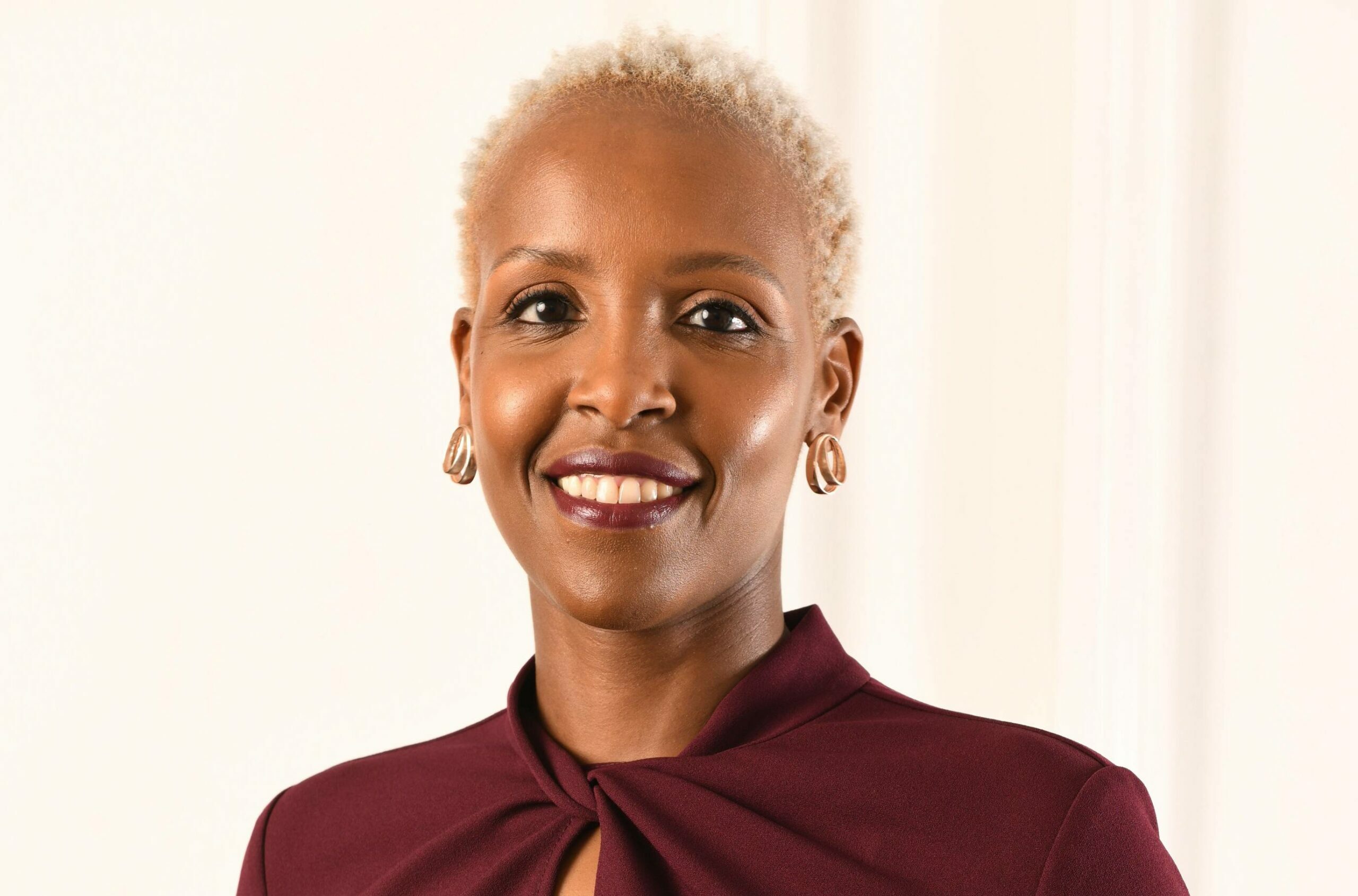advertisement
How Tech Is Powering Sustainable Development In Africa

Despite being the world’s lowest contributor to greenhouse gas emissions, Africa is becoming increasingly vulnerable to extreme weather events. Despite emitting only 3.8 per cent, compared to China’s 23 per cent and the United States 19 per cent, Africa is the continent most vulnerable to climate change. Countries such as Kenya, which is experiencing its worst drought in 40 years, and Nigeria, which has lost 600 lives in the worst flooding in a decade, are bearing the brunt of the climate crisis.
The World Bank estimates that nearly 282 million Africans are currently malnourished because of factors such as drought, environmental degradation, and displacement. Each flood or drought reduces food security by 5-20 per cent, and the continent’s food import bill could reach $110 billion by 2025 unless a significant change is implemented through climate-resilient farming.
Floods, heatwaves, and droughts endanger the livelihoods and lives of one-sixth of the world’s population. With agriculture providing 70 per cent of Africa’s livelihoods, it is critical that governments and organizations collaborate to find innovative solutions to precision farming using advanced technologies to revolutionize food production and help eliminate hunger and poverty in Africa.
advertisement
African countries must adapt to unpredictable conditions by improving resource management, such as water management, and implementing sustainable practices in industries such as agriculture and energy. Digitalisation is critical to sustainability, and Africa is no exception: embracing technology such as AI, data analytics, the cloud, and IoT has the potential to transform the continent’s present – and future.
To successfully address current food security and climate change challenges, food and agriculture must become climate smart. Agricultural technological advancements will help meet the growing demand for farm automation, digitization, and sustainability. Climate-smart agriculture helps to achieve a variety of development goals, including reducing hunger and poverty by predicting weather patterns, growing high-value crops, and connecting with agriculture experts for additional assistance.
Climate pledges have been made by governments and organizations to address the climate crisis, but they will require support to meet these targets. This support should be backed up by embracing solutions that harness the power of technology; doing so will accelerate progress toward a more sustainable future for the continent through real-world impact.
advertisement
Tech companies play an important role in assisting partners across Africa to embrace and leverage the power of digitalisation. Microsoft, for example, is a founding participant in The Carbon Call, a global initiative that uses data streams, machine learning, and cloud computing to improve the measurement, reporting, and verification of corporate GHG emissions. Microsoft is working to bridge the climate gap by expanding its AI for Good Research Lab into Egypt and Kenya, as informed by a new Africa AI Innovation Council.
As businesses adapt to the challenges of climate change, they will have an impact on a wide range of processes and operations, thanks in part to new digital technology applications such as cloud services, AI, and dedicated services such as Microsoft’s Cloud for Sustainability. This will necessitate an equally important effort to equip businesses and employees with a wide range of new skills required for climate adaptation and sustainability transformation.
The world’s entry into the digital age has necessitated the inclusion of computer science in all schools. Similarly, creating a net zero planet will necessitate the spread of sustainability science throughout the economy.
advertisement
One of the most difficult challenges in closing the Sustainability Skills Gap is ensuring that employees receive the specialized training needed to fill future jobs. Employers must act quickly to upskill their workforce through learning initiatives focused on sustainability knowledge and skills, while the world must prepare the next generation of workers for future sustainability jobs.
Upepo Technology, a Kenyan Internet of Things provider, is one such example. It uses smart water meters for real-time data insights to improve the performance of Kenya’s water utilities. Thanks to a Microsoft AI4Earth grant, Upepo – Swahili for wind – has built and deployed over 1,300 low-cost devices serving five Kenyan water utilities since its inception in 2018. (Microsoft has invested in more than 51 AI4Earth grants in 18 countries to date).
Upepo has also developed a platform as a Service on Microsoft Azure to remotely survey water consumption and quality using data analytics. The technology has increased visibility across Kenyan water distribution networks, resulting in the detection of leaks and water theft, improved water reliability for over 10,000 households, and ultimately encouraged water conservation.
Adoption and integration of technologies such as the Cloud, AI, and others into the agricultural space will result in transformation in the form of precision agriculture, revolutionizing food production and assisting in the eradication of hunger and poverty in Africa. To accelerate the positive climate change journey, other measures include collective behaviour change driven by raising awareness of the climate crisis. Here, strategic partnerships among governments, civil and private organizations allow for knowledge sharing and collaboration.
To reduce emissions, meet targets, and enable Africa’s sustainable development, every corporation and government needs support, whether through data, AI tools, or digital infrastructure like the cloud. Microsoft is providing technology such as AI, data analytics, machine learning, the cloud, and IoT to support net-zero economies across the continent to build a more sustainable future – because these ESG commitments are simply too ambitious and overwhelming without the right technology.
There is no doubt that technology is the key to providing innovative solutions to the most pressing sustainability challenges – and these challenges are indeed urgent. Climate change, according to the African Development Bank, is the most significant “existential challenge” to Africa’s development, eroding many of its developmental gains. To address the challenge of our time, Microsoft is accelerating progress toward sustainability by assisting our customers in developing solutions that benefit the environment and future generations.
Phyllis Migwi is the Country Manager, Microsoft Kenya